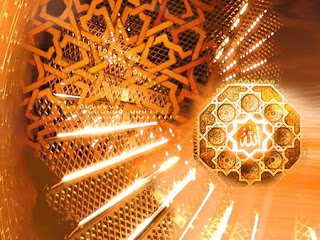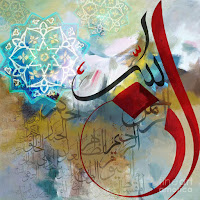Celebrating the Beauty of Science

What shall man be doing after 10,000 years from now? Scientists tell us that we shall always have tasks ahead and will not be bored. Science, in Kant’s famous words, is organized knowledge. Kant defined wisdom as organized life. Science is man’s great effort to know himself and the world better at many levels with or without concomitant increase in power or solving this or that problem. It has been part of comprehensive education from the earliest times. Modern science did succumb to certain Promethean and Faustian ambitions and thanks to its wedding with power or technology it has been a mixed blessing and a danger against which most of great thinkers, artists and poets have warned. In its wake many treasured traditional sciences have been a casualty and its myopia and hubris have been factors in the crisis of modern civilization. What we are concerned with today is not this scientism but science in the more general and universal sense that has been part of treasured intellectual a...

